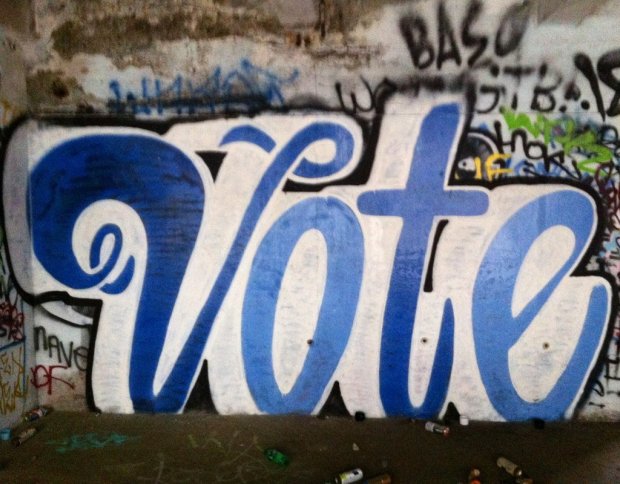
credits to Kodak Views on Flickr
Warning: This post contains commentary on the 2016 U.S. Presidential election, completely partisan views, and the only time in my life I will encourage you to take advice from Ted Cruz.
So let’s talk about politics. I know this is a big no-no for corporate meetings and family gatherings, but this is a blog, so let’s say it’s okay. Now, I’m going to talk about politics in the context of morality. I know, I know, morality isn’t exactly the first thing that comes to mind when you hear the word politics. With the countless numbers of scandals emerging in the last week, I could hardly disagree with you. But let’s remove ourselves from the viscous election cycle and look for a second at the democratic system.
Most people, aside from one particular presidential candidate, believe in the basic tenets of American democracy. The government has the duty to protect the people, and it does this by making laws that all citizens are expected to follow. These laws, although we might not think of them as such, are the morality that the government imposes on the people. In any sort of democratic-based government, these laws are decided – at least in part – by the people. Laws are public morality, a nation’s distinction between right and wrong.
If you think about it, lots of the debates in politics are really debates of morality: pro-choice or pro-life, marriage equality or traditional marriage, socialist programs or trickle-down economics. This deep involvement between morality and politics is what forms the backbone of American society, but it’s also what makes politics a bit dangerous. What happens when a large, angry, orange man yells things at the American people that would never dare escape the lips of any respectable politician? What happens when the malignant carrot gains enough support from the American people that he’s a possible candidate for leader of our country?
Donald Trump is not just a threat to minorities; he is a threat to our public morality and what we stand for as a country. In Hank Green’s video Compassion, Weakness, and the 2016 Election, Green explains how Trump has successfully preyed on the fears and internalized biases of American citizens and managed to bring them to the forefront in the form of hateful rhetoric and even violence. Although I certainly don’t agree with Trump’s policy, my message against him is not a political one. It’s a moral one.
And that is why, on this last day to register to vote in the state of California, I ask of you three things. Vote your mind. Vote your conscience. Vote your morals.